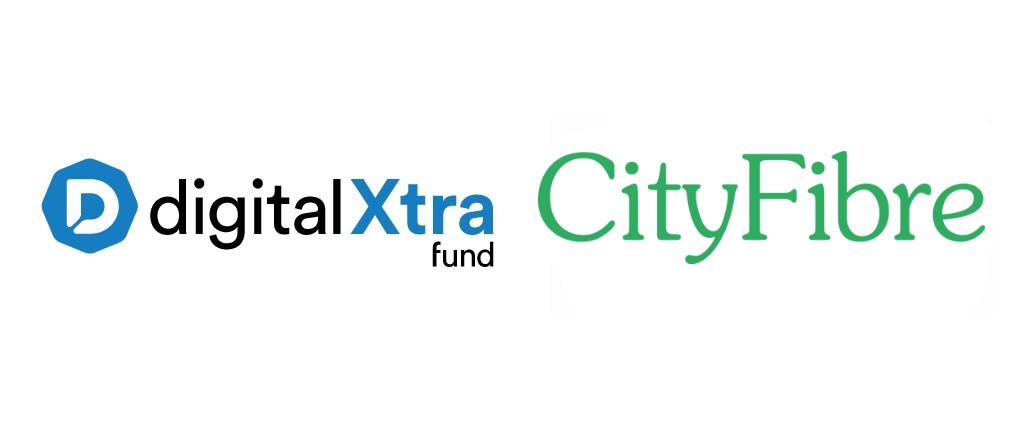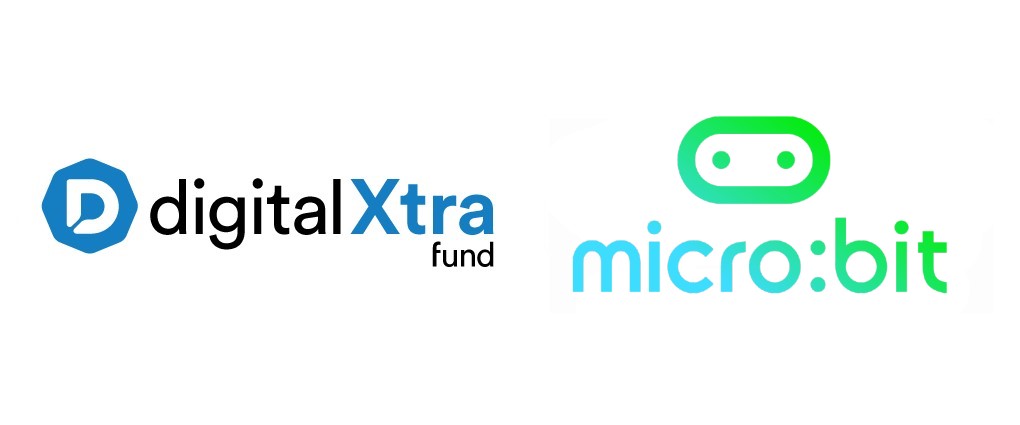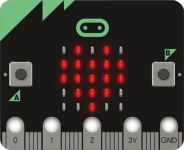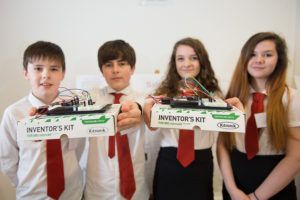Digital Xtra Fund to award £75K to help boost digital skills in Scotland
A fresh round of funding will soon be available to inspire young people in Scotland to develop digital skills through high quality extra-curricular activities.
 On 30 August, Digital Xtra Fund will launch its next round of funding with a total of £75,000 available. Grants of up to £5,000 will be awarded to extracurricular activity providers that teach skills such as coding, data science, and computational thinking and help inspire Scotland’s next generation of designers, developers, and digital technologists.
On 30 August, Digital Xtra Fund will launch its next round of funding with a total of £75,000 available. Grants of up to £5,000 will be awarded to extracurricular activity providers that teach skills such as coding, data science, and computational thinking and help inspire Scotland’s next generation of designers, developers, and digital technologists.
Created in 2016, the goal of the Fund is for young people across Scotland to have access to digitally creative activities to increase the number of young people entering highly skilled digital careers, helping bridge Scotland’s widening skills gap.
Over the past two years, Digital Xtra Fund has supported 33 initiatives enabling them to engage more than 20,000 young people. The Fund has previously supported Code Clubs in public libraries across Scotland; Apps for Good, which teaches young people to develop apps with social benefit; and VEX Robotics, a global robotics competition.
Kraig Brown, Partnerships and Development Manager for Digital Xtra Fund, said: “Our aim is to inspire young people to create technology rather than just consume it, and help them understand the huge range of future career opportunities these skills provide. These careers aren’t just in tech companies either, they are across all sectors including finance, hospitality, healthcare, and agriculture too.
 “The Fund has already supported some brilliant initiatives and the results have been fantastic. For example, last year the Fund supported the Scottish F1 in Schools STEM Challenge which taught students to design, build, and race model F1 cars. From that, several teams qualified for the UK Finals in Silverstone with two all-girl teams from West Lothian now heading to the World Finals in Singapore, representing Scotland and Britain. This goes to show there is much untapped potential across Scotland which, with a little bit of extra support and expertise, is something we can easily unlock.”
“The Fund has already supported some brilliant initiatives and the results have been fantastic. For example, last year the Fund supported the Scottish F1 in Schools STEM Challenge which taught students to design, build, and race model F1 cars. From that, several teams qualified for the UK Finals in Silverstone with two all-girl teams from West Lothian now heading to the World Finals in Singapore, representing Scotland and Britain. This goes to show there is much untapped potential across Scotland which, with a little bit of extra support and expertise, is something we can easily unlock.”
Michael Hall, Senior Engineering Manager at Skyscanner who are a Key Partner of the Fund said, “Digital Xtra Fund is making a real impact and we are excited to be able to support digital skills initiatives from across Scotland. Inspiring the next generation to embrace digital learning and technology is vital for the future of Scotland’s tech sector, as well as our wider economy.”
 Digital Xtra Fund brings together businesses, organisations, and individuals with a common will to help young people succeed in a digital world through an annual grant awards programme. Key Partners include Skills Development Scotland, Skyscanner, and Scottish Government, as well as Accenture, Baillie Gifford, BT Scotland, CityFibre, Fujitsu, Incremental Group, Micro:bit Educational Foundation, ScotlandIS, Sky UK, and Zonal.
Digital Xtra Fund brings together businesses, organisations, and individuals with a common will to help young people succeed in a digital world through an annual grant awards programme. Key Partners include Skills Development Scotland, Skyscanner, and Scottish Government, as well as Accenture, Baillie Gifford, BT Scotland, CityFibre, Fujitsu, Incremental Group, Micro:bit Educational Foundation, ScotlandIS, Sky UK, and Zonal.
The closing date for applications is 1 November and awardees will be chosen by a panel made up Digital Xtra Fund Partners and EdTech experts. Funding will be awarded to successful initiatives from mid-December 2018.
For more information about the Digital Xtra Fund grant awards, visit digitalxtrafund.scot/apply.



 Launched in 2016 by the Digital Scotland Business Excellence Partnership, a collaboration of public and private sector organisations, Digital Xtra Fund became an independent charity in March 2017. The Fund aims to ensure that young people have the opportunity to develop the skills required to thrive in the digital age regardless of their gender, background, or where they live.
Launched in 2016 by the Digital Scotland Business Excellence Partnership, a collaboration of public and private sector organisations, Digital Xtra Fund became an independent charity in March 2017. The Fund aims to ensure that young people have the opportunity to develop the skills required to thrive in the digital age regardless of their gender, background, or where they live. “The full fibre networks we are building across Scotland and the rest of the UK will be vital in helping to unlock the digital potential our young people have, and ensure they are not held back by our current infrastructure. As digital connectivity becomes more and more essential, we have to ensure our young people are capable of making the most of its potential. We look forward to working with Digital Xtra Fund and to identifying projects to support across Scotland.”
“The full fibre networks we are building across Scotland and the rest of the UK will be vital in helping to unlock the digital potential our young people have, and ensure they are not held back by our current infrastructure. As digital connectivity becomes more and more essential, we have to ensure our young people are capable of making the most of its potential. We look forward to working with Digital Xtra Fund and to identifying projects to support across Scotland.”
 Micro:bit Educational Foundation has donated 1,200 micro:bits to extracurricular digital skills initiatives supported by Digital Xtra Fund.
Micro:bit Educational Foundation has donated 1,200 micro:bits to extracurricular digital skills initiatives supported by Digital Xtra Fund.
